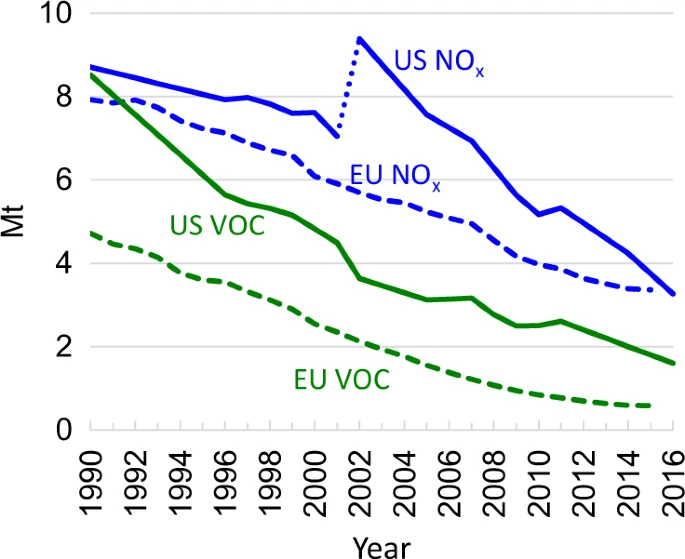- Joined
- Dec 10, 2011
- Messages
- 5,599
- Reaction score
- 2,717
IIRC, the Oregon test involved reading the Odometer at an annual inspection.
I think they can make VMT cheating unlikely by reading the digital display on the dash together with pulling collateral data from the OBDC (that they're already relying on for emissions compliance).
"Antique" cars might have to have a high flat tax if they have mechanical odometers or pre 1996 (primative or lacking OBDC)
I think they can make VMT cheating unlikely by reading the digital display on the dash together with pulling collateral data from the OBDC (that they're already relying on for emissions compliance).
"Antique" cars might have to have a high flat tax if they have mechanical odometers or pre 1996 (primative or lacking OBDC)

